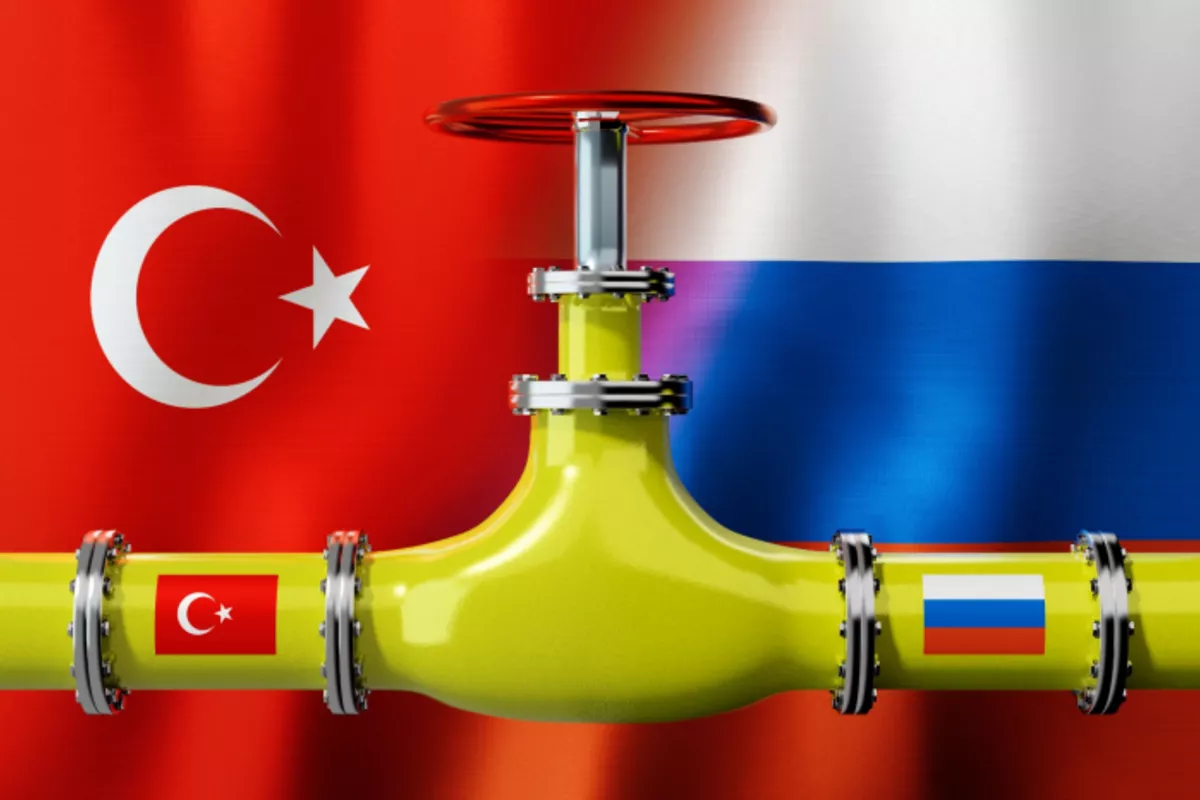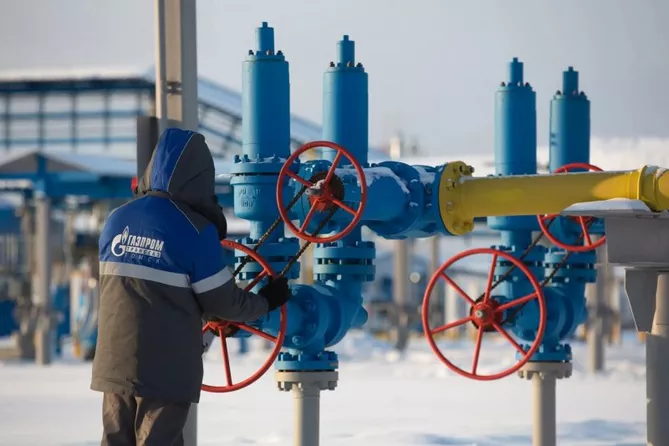
Recent media reports suggest that the Turkish gas hub project-once promoted as a geopolitical game-changer-is now officially shelved. But this announcement merely confirms what energy experts have known for over two years: the idea was dead on arrival.
The notion of a Turkish gas hub emerged in early 2022, as European buyers scrambled to distance themselves from Russian energy. Amid fears of being accused of “financing the Kremlin” and falling under the Western cancel culture hammer, many companies slashed purchases of Russian gas-even those under long-term contracts. The goal of the hub was simple: depoliticize Russian gas by mixing it with other sources and masking its origin. Türkiye, already receiving pipeline gas from Russia and Azerbaijan, as well as LNG from global suppliers, appeared to be the perfect middleman.
If European companies could buy gas in Türkiye-on a hub where Russian molecules blended with Azerbaijani, Qatari, or even Iranian ones-they could claim plausible deniability. “We’re not buying from Russia,” they could say. “We’re buying from a neutral marketplace.” For a moment, it seemed like a clever workaround.
But by mid-2022, this logic lost traction. Europe's energy panic began to stabilize. While Russian oil was sanctioned, gas largely escaped further politicization. Buyers resumed purchases based on market needs rather than optics. The supposed “toxicity” of Russian gas faded. There was no longer a need to obscure its origin.

Photo: Bloomberg
In fact, informal versions of the hub model quietly persisted. Bulgaria, for example, stopped buying Russian gas directly in 2022 due to the ruble payment dispute. Yet Russian gas kept flowing via Türkiye and was re-sold through Turkish, Greek, and Serbian intermediaries. Similarly, Azerbaijan doubled its exports to Bulgaria, but part of the demand was still met-indirectly-by Russian volumes.
So why the formal announcement now? One reason is the dwindling volume of “hub-style” transactions. Previously, Gazprom sold excess gas to traders at the pipeline exit in Türkiye. Today, it redirects those volumes to Slovakia through Hungary-after Ukraine halted transit in January 2025. These redirected flows are now part of Gazprom’s logistical adaptation, reducing the role of intermediaries and, by extension, the need for a hub.
Another reason the project collapsed lies in the conflicting visions held by Moscow and Ankara. Türkiye imagined a model in which Gazprom signed long-term contracts with Turkish traders, offering predictable discounts and stable margins. Russia, however, envisioned Türkiye as a neutral exchange platform-no preferential treatment, no subsidies. This mismatch in expectations ensured the hub remained little more than a political soundbite.
Does this spell a strategic shift in Russia’s gas export policy? Hardly. Gazprom’s export strategy remains consistent: sell as much gas as possible, to whoever is willing to buy. The “Turkish hub” was never about expanding infrastructure or building new pipelines. It was about using existing volumes more flexibly.
Constructing an entirely new pipeline across southern Russia and under the Black Sea would cost billions-an unjustifiable risk in today’s hostile European regulatory environment. Brussels continues to discuss a total ban on Russian gas, including flows via Türkiye. Under such uncertainty, no rational actor would invest in long-term pipeline capacity destined for Europe.
That’s why Moscow is now focused on consolidating its export operations: minimizing unnecessary middlemen and prioritizing direct flows. If Europe is buying-fine. If not, Asia is open. The objective is volume and flexibility, not symbolism.
Finally, does the death of the Turkish gas hub affect Russian-Turkish relations? Absolutely not. Long-term contracts remain intact. Russia is still Türkiye’s largest gas supplier. The hub was never a make-or-break project. It was an experiment born of crisis-and it quietly failed.
But not every failed idea signals a breakdown. The energy relationship between Moscow and Ankara remains robust, pragmatic, and mutually b
Share on social media